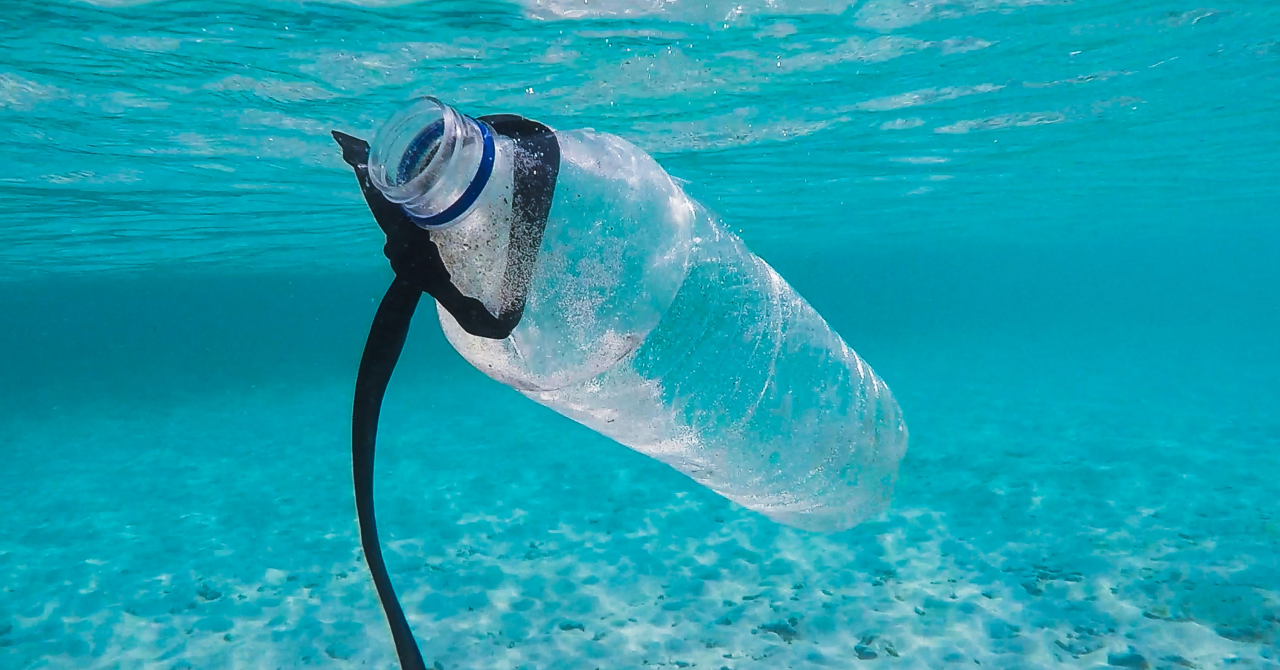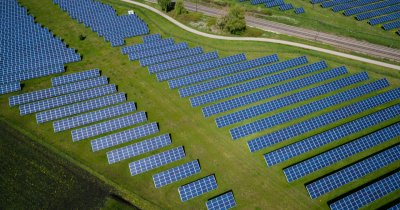This Monday, UN negotiators presented a proposal for a global agreement on the production and use of plastic and also how to prevent plastic pollution especially in the ocean where it proves to be a bigger and bigger issue.
The future agreement will aim to close the gaps that existing initiatives and agreements do not address, especially at the design and production phases of the plastics life cycle. It should bring together all stakeholders to achieve the overall goal to eliminate the leakage of plastic into the environment.
Frans Timmermans, Executive Vice-President for the European Green Deal said that “It is encouraging to see the global community come together at this time of crisis. Ever since the European plastics strategy was presented in 2018, the European Union has been a driving force to tackle plastic pollution. We are determined to keep pushing for ambitious global action, as the fight against the climate and biodiversity crises must involve all of us.”
Also, Virginijus Sinkevičius, Commissioner for Environment, Oceans and Fisheries added that "About 11 million tonnes of plastic currently enter the ocean every year and this amount will triple in the next 20 years without an effective international response. Thus I am glad that with EU input the global community today stepped up to fight plastics pollution. We will engage actively in the discussions of a legally binding agreement that looks at all stages of the plastics life cycle from product design to waste.”
Key steps towards a global agreement on plastics
As outlined in the European Green Deal and the Circular Economy Action Plan, the EU has emphasised the need for circular, life-cycle approach to plastics as a basis for a new legally binding global agreement. The solution lies in prevention, proper design and production of plastics, and their resource-efficient use, followed by sound management when it becomes waste.
In the last few years, the European Union invested in informational campaigns regarding the lifecycle of plastic in nature and collaborated with its partners for an agreement on the way companies look at plastic not only as a product, but also as waste.
Next steps
The decision mandates the holding of the first session of the Intergovernmental Negotiating Committee in the second semester of 2022 and establishes the ambition to conclude negotiations by 2024. The EU will continue to work with its allies and other partners aiming at a rapid conclusion of the negotiations.
The representatives hope to reach a full treaty agreement for two years.
The draft, entitled "End plastic pollution: Towards an internationally legally binding instrument" makes it clear that it aims to improve not only the production and design of the plastic, but also managing it as waste.
In order to do this, the treaty recommends companies to develop sustainable packaging that can be easily reused and recycled, which is more significant for single-use packaged products.
"We all know that an agreement will only count if it is legally binding. If it adopts a full lifecycle approach, stretching from extraction to production to waste", said Inger Andersen, the Executive Director of the United Nations Environment Programme, on Monday, according to Reuters.
Plastics can be a threat to the health and the environment if not treated properly. Approximately 300 million tonnes of plastic waste (an amount equivalent to the weight of the human population) are produced every year. However, only 9% is recycled; the vast majority of the rest accumulates in landfills or the natural environment. Over time, these materials break down into microplastics that ease additional pollutants into the human food chain, freshwater systems, and air.
Even with all commitments, efforts and actions that countries and regions are taking today, the world would see a limited reduction of plastic discharge into the oceans, of only 7% annually within 2040, if we continue with business as usual.
You can read more about this subject from the European Commission website.
 Mihai - Cristian Ioniță
Mihai - Cristian Ioniță












Any thoughts?